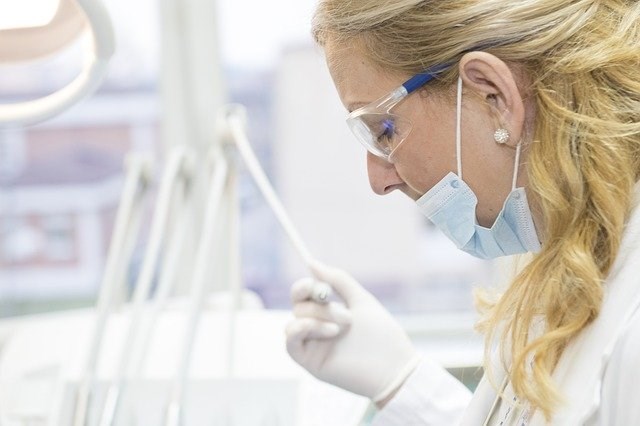Dear Editor,
Re: “Health crises not all equal,” Voices, April 16.
Thank you, Eve, for shining a light on the blatant fact not all health crises are treated equally. As a social worker currently completing an Addiction Social Work fellowship, and who has worked primarily in the Downtown Eastside, for over a decade, I shake my head in frustration that only now we have a safe supply of drugs being trialled in B.C., more than four years after B.C. declared the overdose crisis a public health emergency.
Thousands of people — mothers, fathers, sons, daughters, friends — have died over the last four years, but it took the spectre of COVID-19, a virus that could strike anyone anywhere (and not solely those judged to have made poor choices), to force the hand of lawmakers when it comes to safe supply. Relentless advocacy by those working on the ground with folks who use substances appeared to be for nought, until drug users and those living on the margins of society were deemed to be a threat to containing the spread of the coronavirus.
It seems oddly convenient timing to find the political will and dollars to quickly push through a “safe supply” of pharmaceutical drugs. People who use drugs are not blind to these happenings, either. While some are relieved to have additional alternatives to their illicit substances, others eye this timing with well-reasoned suspicion. They know they’re being placated, at least temporarily, for the priorities of the “other” public health crisis, not the one they have been living for the past four years.
I hope these temporary measures are made permanent, and even expanded, as the new “safe supply” guidelines do not adequately deal with all forms of substance use. I hope the government gathers enough data over these next few months that demonstrates how lifting people out of grinding poverty and allowing them time to meet other needs aside from hustling for their next fix will restore people’s sense of dignity and encourage healing.
In many ways this crisis is bringing out the best in us. I am moved, daily, by images of people around B.C. and the world coming together, acting selflessly and with deep compassion. My hope is that we will hold fast to that spirit, and ensure that the most vulnerable among us receive the care and attention that they deserve long after this pandemic is a memory.
Ainslie Cook
RICHMOND



